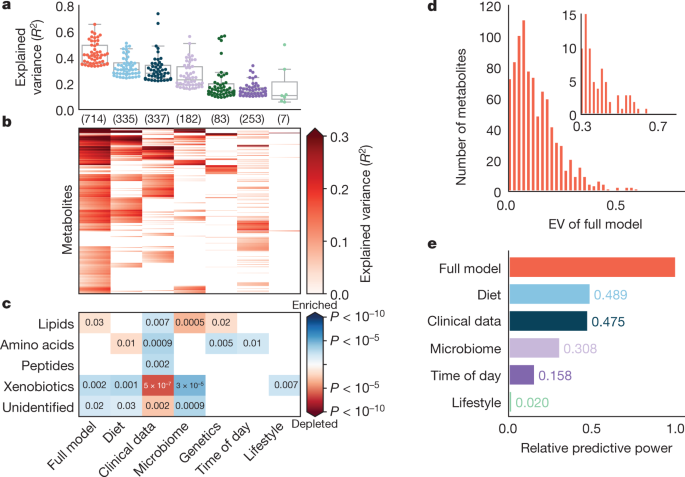

If you cannot sign in, please contact your librarian.

If your institution is not listed or you cannot sign in to your institution’s website, please contact your librarian or administrator.Įnter your library card number to sign in. Following successful sign in, you will be returned to Oxford Academic.Do not use an Oxford Academic personal account. When on the institution site, please use the credentials provided by your institution.Select your institution from the list provided, which will take you to your institution's website to sign in.

Click Sign in through your institution.Shibboleth / Open Athens technology is used to provide single sign-on between your institution’s website and Oxford Academic. This authentication occurs automatically,Īnd it is not possible to sign out of an IP authenticated account.Ĭhoose this option to get remote access when outside your institution. Typically, access is provided across an institutional network to a range of IP addresses. If you are a member of an institution with an active account, you may be able to access content in the following ways: Get help with access Institutional accessĪccess to restricted content on Oxford Academic is often provided through institutional subscriptions and purchases. The Tsuruoka Metabolomics Cohort Study is a prospective study involving 11 002 dwellers aged 35–74. 4 The present study aimed to investigate the effect of LAA as a marker of dysfunctional HDL on the incidence of ASCVD in a large-scale Japanese community-based cohort study. 4 A novel method for measuring various types of modified HDL that bind to LOX-1, designated as LOX-1 ligand containing apoAI (LAA), was developed. 3 Modified HDL is suspected of contributing to the progression of atherosclerosis by binding to the lectin-like oxidized low-density lipoprotein (LDL) receptor-1 (LOX-1). 1, 2 HDL that undergoes oxidation and glycation loses its anti-atherosclerotic function, and its excess increases the risk of developing atherosclerosis. However, persons with abnormally high HDL-C levels reportedly have a paradoxically higher risk of developing atherosclerotic cardiovascular disease (ASCVD) or related mortality.

High-density lipoprotein cholesterol (HDL-C) is inversely associated with the risk of coronary heart disease (CHD).


 0 kommentar(er)
0 kommentar(er)
